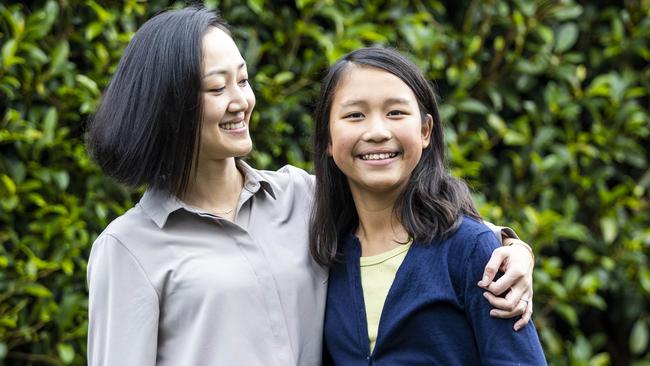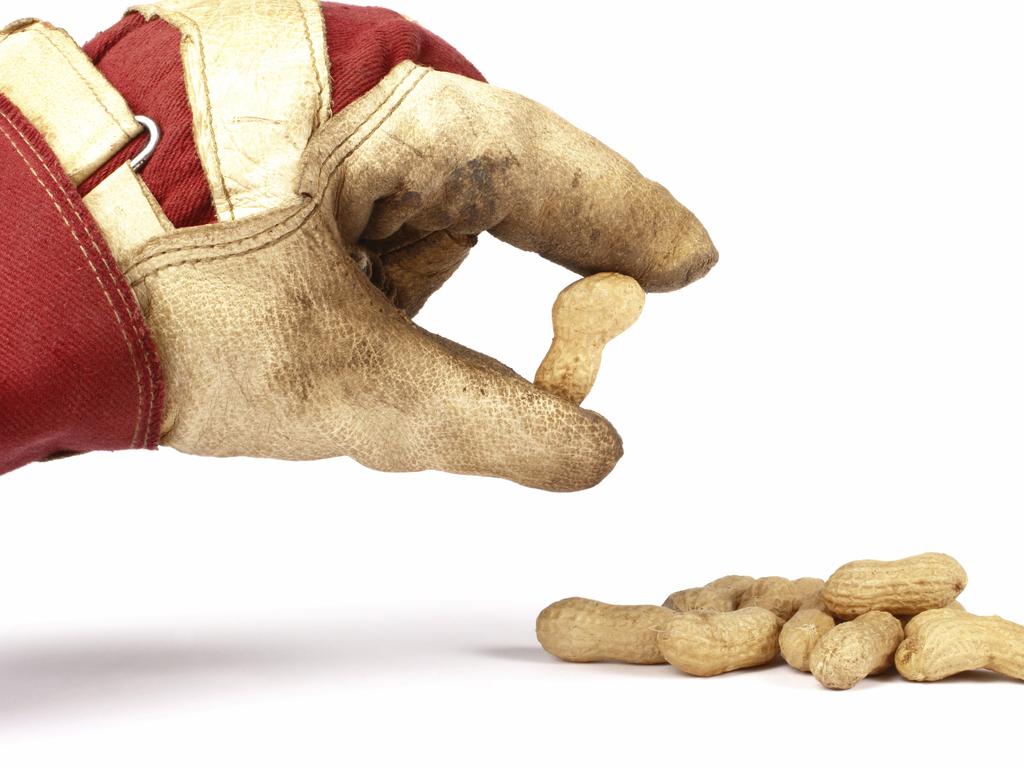Peanut allergy remission’s high wire act in new treatment
Hope is on the horizon for children with peanut allergies, following a finding by Australian scientists that could pave the way for targeted treatments.

Hope is on the horizon for children with peanut allergies with the discovery that networks of genes that communicate to one another can be “rewired” by immunotherapy treatment that puts the allergy into remission.
The finding by Australian researchers is the first time the key immunological changes that underpin the clinical remission of peanut allergy have been identified, and may pave the way for targeted treatments.
Scientists from the Murdoch Childrens Research Institute and the Telethon Kids Institute recruited 62 peanut allergic children, aged between one and 10 years, and gave them a combination treatment of oral immunotherapy and a probiotic, or a placebo. Oral immunotherapy involves giving children steadily increasing doses of peanuts in powder form. After 18 months, three-quarters of the children who had received the combination treatment had achieved remission of their peanut allergy, compared with only 4 per cent in the control group.
When they studied the children’s gene networks, the researchers were excited to find that the networks of genes involved in the allergy response in the children who had achieved remission had “rewired” their communication networks.
“Essentially we’ve been able to show that there is extensive rewiring of the way genes speak to each other,” said lead researcher, MCRI professor Mimi Tang. “In the allergic state what we see is that allergy genes are talking to each other and forming this network of communication that coordinates the allergy response.
“After an 18 month course of treatment, the children who achieved remission had a very different picture. All genes were no longer talking to each other, and that network of communication involving the allergy genes was completely dismantled and had disappeared.”
Many remedies for peanut allergies have been employed by doctors and researchers, but the MCRI method of oral immunotherapy is the only strategy that appears to send children’s allergies into long-term remission, and the discovery of the genetic immunological changes has now proved this.
“Having seen that these immune networks are completely rewired by the end of 18 months gives us confidence that the remission state is likely to be long lasting,” Professor Tang said.
Food allergies affect one in 10 infants and an estimated 5 to 8 per cent of children. Professor Tang said that the MCRI team was now conducting more detailed studies of the immune changes induced in allergy remission and how the gene rewiring occurred.
“Once we understand the key genes that direct the remission shift then we may be able to develop treatments that target those pathways and allow more effective outcomes,” she said.

Ju Lee Ng’s daughter Stella, who is now nine, was diagnosed with a peanut allergy at 18 months of age after breaking out in hives from a meal containing traces of the nut.
Stella was part of the MCRI study and her allergy is now in remission following 18 months of treatment.
“She started with very small doses at the start and then towards the end of the treatment she was taking the equivalent of nine peanuts a day,” says Ms Ng.
“Once she achieved remission all that fear and anxiety around food just reduced, our fear and anxiety went down dramatically. I was just so relieved.”






To join the conversation, please log in. Don't have an account? Register
Join the conversation, you are commenting as Logout